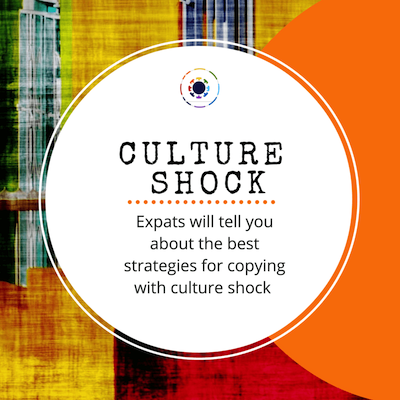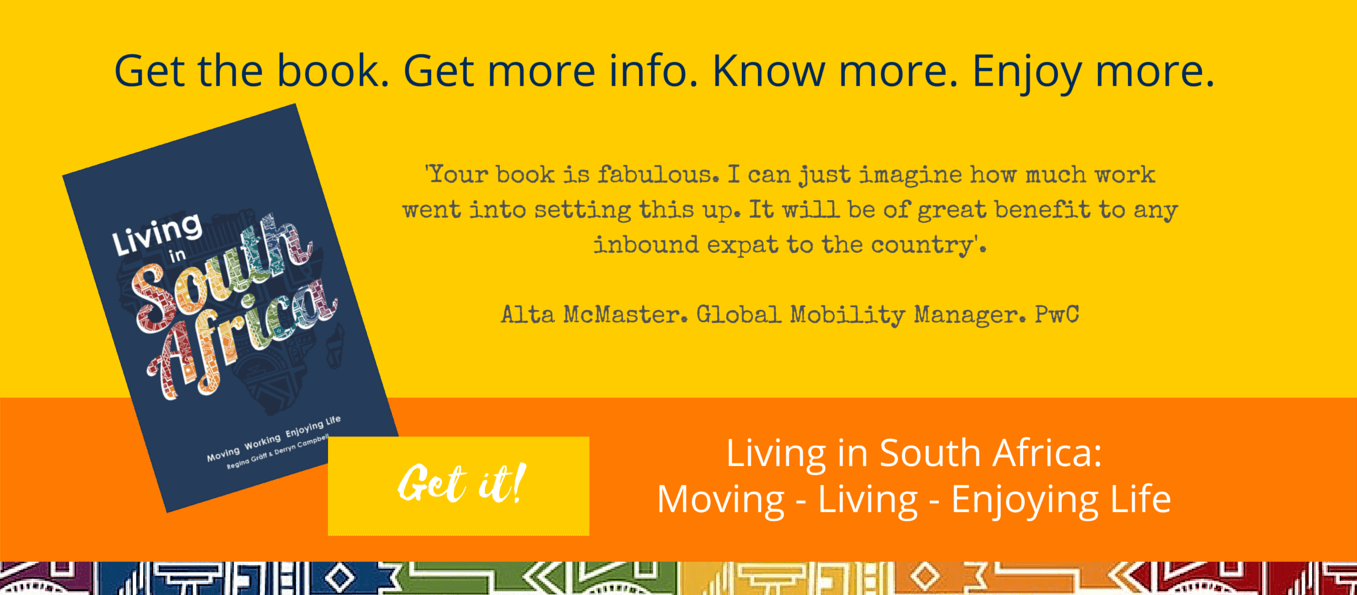My very own Culture Shock experiences
What were your culture shock experiences when you moved here? That question I was asked by some fellow expatriates recently. So this is my account of what happened to me when we moved to South Africa.
Often I am asked about what were culture shock experiences in Cape Town I still remember vividly. When did you feel most uncomfortable? How long does culture shock last? Is living in South Africa more challenging than say moving to Singapore?
Well, to be honest, even as a quite seasoned expat living in many different countries before moving to South Africa, culture shock hit me with a bang! Somehow I seemed completely unprepared as I never really struggled to acculturate during my stays in North America, Australia or Asia.
To tell you a bit about myself, I had studied intercultural communication, languages and cultural studies at university and thought I was all prepared and prepped theoretically and I had plenty of practical culture shock experiences from living and working in other parts of the world as well, but settling in Cape Town was very challenging and I was not as well prepared as I thought! I never had been to Africa before and did not go back to my culture study resources the way I should have done before moving here. I did not ask myself how the other stints overseas had changed me and where my own identity had changed over the years. It is true, it really does not matter if it is your first expat move overseas or your tenth! You need to be prepared. Of course, culture shock will always affect you whatever stage you are in life at the time of your move and if you know at least some bits about the new culture and customs, you are so much more prepared.
South Africa culture shock experiences can hurt - big time!
As you play several roles in your life, being a partner, wife, husband, daughter, son, mother, father, sister, brother, friend etc. it really depends where you find yourself and how much rooted you are in your roles at the time of your relocation. You have to explore your own identity, beliefs and value systems again and again. Some people find it easier to take on or give up a role and some struggle more. For me coming to South Africa as a mother of school-going children without being able to pursue my career, due to visa restrictions, and encountering multiple other changes in our relationships with friends and family since our last move overseas before, my transition was set out to be more difficult! But I had never realised this - until I showed all the common signs of culture shock when irritating everbody around me without realizing it myself and of course being irritated and unhappy myself too.
After that great 'honeymoon' phase had been over, I complained constantly about our new life here, I moaned and struggled with everyone and everything and hardly found a new daily routine. As the children themselves had to find their place in the new schools with new friends and activites I felt I lost out completely with a disconcertingly happy husband who was involved in his great job and was travelling around the country, going out entertaining while I was staying back at home. Then there were all the reports about crime and safety issues I had read on various forums. How shall I ever feel safe and secure here, I wondered so often. And nobody was there to comfort me and share my views.
Well, in retrospect I could have done quite a bit to have not so bad culture shock experiences. I could have done more to feel happier at that time had I realized that it was the effects of culture shock. But I never noticed that I should have set goals for myself instead of boycotting every move to get out of the house. I was afraid of the to me strange people, avoided meetings, did not trust any babysitter to look after the kids, did not want to have a maid near me (even though I was looking forward so much to having somebody who would help me with the household chores to spend more quality-time with the kids while adjusting to life in Cape Town.
I could have tried to be involved more with my new acquaintances in the community and should have been more flexible and not so much concerned about the rules of getting to know people a certain way regarding my upbringing. Some friends invited us for parties at very short notice and we were just not flexible enough to accept the invitations. Why did they invite us for the party tonight only at lunchtime? They must have planned the birthday party surely a week ago?! I should have stopped worrying all the time. I should have copied the actions of the locals and learned from their ways of doing things. I was always upset when my next door neighbor always rang on the phone before she came round to ask if she can come around to get a cup of sugar or some flour. Why did she ring?! Why did she call and not just knock on the door? We always just knock on the door where I come from. Then I was upset because I was not used to the notion of 'African' time. So many issues arose from that too. I did not speak any local languages besides English, so I also could not understand the salespersons in the shops when they were talking to each other, or about me?
But, instead of fighting my heightened awareness of the local culture, I could just have learned Afrikaans (which I still struggle with) or Xhosa (which sounds so lovely but is difficult to pronounce- but hey, I give it a try!) and so on…and would have understood the locals better and sooner. I could have met with locals and asked questions and should have listened. Well, many things I could have done, if I would have remembered my studies. Therefore I just can repeat it: get informed about the new place you will be moving to. And remember my coping strategies. So your culture shock experiences will be more positive. Or read my e- book written for fellow expatriates. To guide you through the process of settling in South Africa... and always remember: ENJOY LIFE! – and keep smiling :-)



